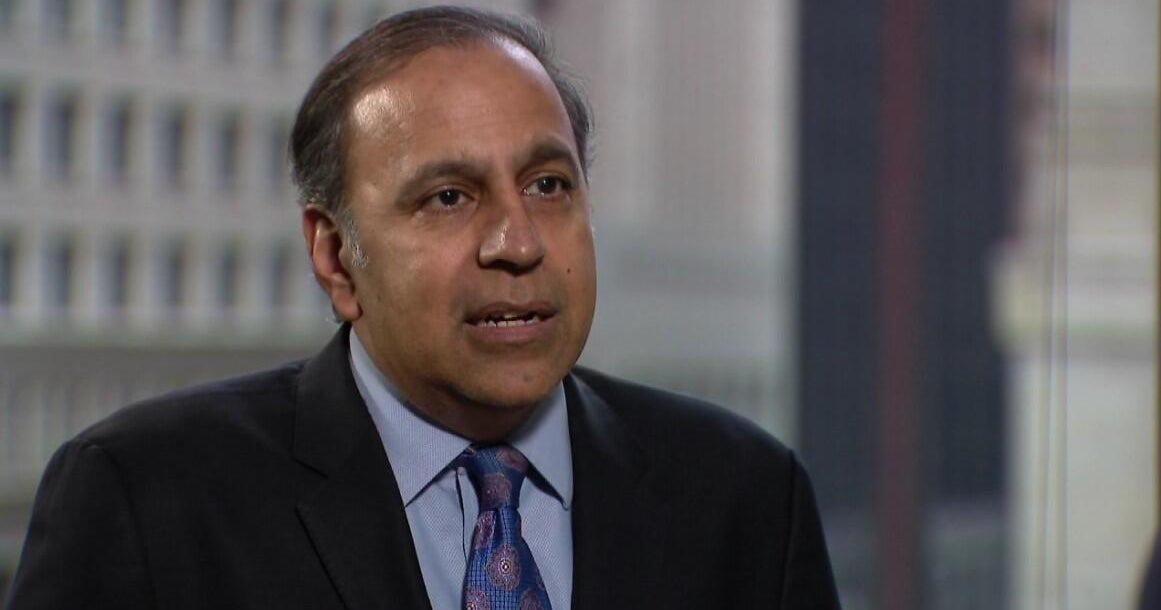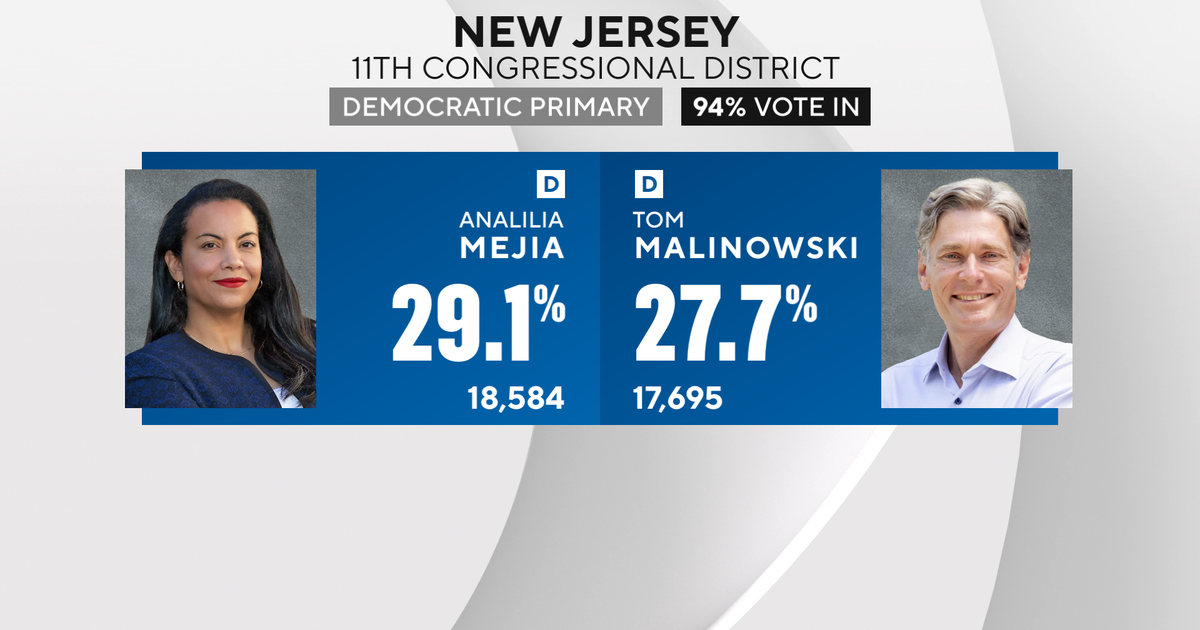Opinion: Mitt Romney's Excellent Choice: Paul Ryan
GOP presidential nominee-to-be Mitt Romney made his highly-anticipated vice presidential candidate announcement on Saturday, and he pleased many on the “right” with his choice of Rep. Paul Ryan. After months of talk and speculation about the long and short lists that Romney had accumulated from his wealth of political choices, Republicans were delighted to see that there was no out-of-left-field choice like Sen. John McCain chose to run with four years ago when he chose former Gov. Sarah Palin.
Romney’s choice of Paul Ryan is bold in that Ryan is a very strong, young, and energetic politician. Presidential candidates are usually careful in choosing someone who is not so strong that they have to compete with their vice presidential candidate’s popularity. Romney appears to be extremely confident by having the confidence to put Paul Ryan – who is considered by many to be more popular than Romney – at his side.
Though Ryan is young, he has been in Washington, D.C. long enough for people to know a great deal about him. He comes to the highest political ticket in the land with few – if any – surprises. That, in itself, makes Ryan an excellent choice in these extremely transparency-sensitive times in the political arena.
Paul Ryan, 42, has been the U.S. Representative for Wisconsin’s 1st congressional district since 1999. His political resume is quite strong for a man of his years. He is now serving in his seventh term in Congress. He has been the chairman of the House Budget Committee since 2011 and is credited with his work in drafting and promoting the Republican Party’s long-term budget proposals.
With his distinguished position on Capitol Hill, he is currently known in Congress for his views on economic policy including his attempts to change Medicare. His Washington resume dates back to 1996 when he first made his mark as a mentor and speech writer for vice presidential candidate Jack Kemp. After that, he was a legislative director for U.S. Senator Sam Brownback of Kansas. After these two jobs he ran for Congress himself in 1998.
Ryan was born on January 29, 1970 in Janesville, Wisconsin to the late Paul Ryan, Sr. and Betty Ryan. He has three siblings and is the youngest family member. His ancestors are Irish and German, and he is member of the St. John Vianney Catholic Church.
He graduated from Joseph A. Craig High School in Janesville in 1988 where he was his school’s prom king and also voted his class’s “Biggest Brown-Noser”. Then he attended Miami University in Oxford, Ohio and graduated with a BA in economics and political science in 1992.
Ryan married Janna Little, who is a tax attorney, in December of 2000, and the couple live in Janesville, Wisconsin with their three children, Samuel Lowery, Charles Wilson, and Elizabeth Anne.
In general, Ryan is said to be extremely popular with the Republican base. His economic proposals in Congress have been consistently supported by Republican lawmakers in Washington, D.C.
Yet, there is no candidate who wouldn’t have some strikes against him among staunch conservatives. While Ryan’s strikes against him are quite few, he has cast three votes in Congress during President Obama’s presidency that didn’t set well with some Republicans. The three votes he cast which did not align with his Party were his votes for the auto bailout, the 2011 compromise to raise the debt ceiling, and the Troubled Asset Relief Program.
Overall, however, Romney wisely went with a safe and sure bet because Paul Ryan is a strong, conservative-approved candidate whose image is as clean as Romney’s.
About Scott Paulson
Scott Paulson writes political commentary for Examiner.com and teaches English at a community college in the Chicago area. The views and opinions expressed in this post are those of the author and do not necessarily reflect the official policy or position of CBS Local.







